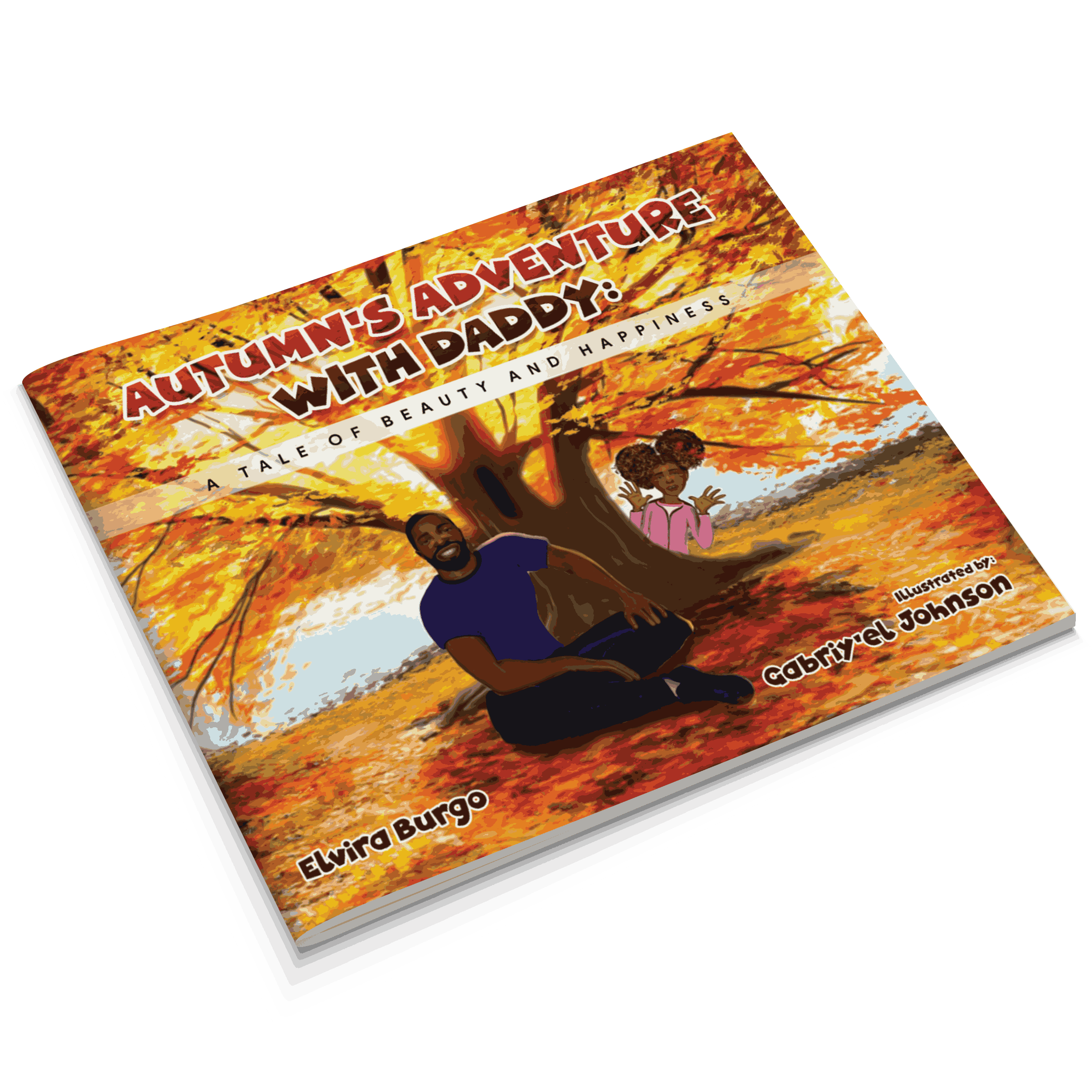The Influence of a Teacher and Books
I took a literacy class with a professor whose wisdom has remained. “Read to your children. Read to them award-winning books.” At that time, I never knew Caldecott books existed. My professor read those books aloud in class, which I found odd. I’m not a child, I thought. Fixated, the illustration drew me in. “The language is rich,” I’d hear the instructor say afterward.
Still standing on my bookshelf today are award-winning books. Other books are also there. Critics may question their award-winning validity, but the real question is, do these books entertain?
PLEASURE IS JUST AS IMPORTANT.
Children will read books assigned to them at school and come across “rich books” at some point in their lives. However, if books bore them, they may not want to pick up a book, let alone read it. If the book is selected, they wouldn’t be doing it for pleasure but because they have to. However, this may not apply to young children since early readers are naturally curious and excited about the things around them.
WILL THAT CURIOSITY AND FASCINATION PERSIST INTO ADULTHOOD?
Books…
The imagination and language are enriched with books. More importantly, is the TWINKLE IN A CHILD’S EYES. A child may one day grow up to cherish books, learning, and life in general. He or she may think books do make a difference.
They do.
Reading sustains. It’s the one constant we have. Although reading is sometimes forced, it doesn’t have to be. Reading should be pleasurable. What book has your child picked up today and wouldn’t let go of? That experience may be the key to future reading and learning and may be the key to happiness. When the child becomes an adult, many things will keep him or her busy, but reading for pleasure will do so much for his or her emotional well-being, including happiness. Reading will also add to his or her knowledge base and may make him or her a lifelong learner, so I hope.
It takes ONE book to make a difference. After that, a grown child may go on to read the next book.
Reading can be an adventure, not only for children but for grown-ups as well. Tech gadgets have taken over our lives. Aren’t there other things to do, like going out into nature?
As with reading, nature also promotes happiness and can be healing. Richard Louv, in his book, Last Child in the Woods: Saving our children from Nature Deficit Disorder, argues that “sensationalist stories and technology have pushed children away from nature.” He further states, “the lack of physical contact with nature harms children.” (Source: www.science.howstuffworks.com)
I believe the same is true with adults. The other day, I found myself stressed, so I grabbed my car keys and headed out the door. At the park, I pulled out my chair and sat looking at the mature trees. I was tempted and used my phone a few times to text, answer a phone call, and take pictures. But, I was mindful.
Mindfulness.
As a writer, I’m reminded that I need to step out into the sunshine. It’s tempting to stay indoors and continue to write. Parents with a misbehaved child may also want to keep their young one inside out of shame. There’s no need to be embarrassed. Difficult behaviors are a child’s way of expressing themselves. Adults (including myself) behave in ways that are less than perfect, so why must we be hard on children? Thank God Einstein’s parents did not give up on him when he misbehaved in school.
Mothers, that too shall pass.
Remember how emotions are contagious? If we are frustrated, our children will be too. When we are happy, our children will laugh. While fearful, they will pick up that fear. I was gifted with a plaque that was beautifully crafted by a co-worker who complained about the placement of the butterfly. I cherished the gift, nevertheless. There’s much to be learned from it. Here’s a picture of it.
Stress, anxiety, and bad news may be all around, but they needn’t overwhelm us. Happiness is a choice. If we choose to be happy, happiness will add years to our lives. Research shows that good moods are correlated with long life. (Source: www.science.org) A few weeks ago, I met an 88-year-old man who looked, spoke, and acted amazingly. It’s no wonder. He was cracking up joke after joke after joke. I was blessed to have met him.
Counting our blessings.
Blessings bring happiness. Our brain is wired to look at the bad. However, we can retrain it. Dr. Breuning recommends you spend one minute (3 times a day, every day for 45 days) looking around specifically for positives.
Something to think about….
How has a teacher or book influenced you?
Are you overwhelmed? Everyone is at some point. Grab a book, won’t you? Get lost in it. Perhaps in nature? Like a little child, you will be transported to a world of imagination and splendor.
I hope you found this article useful.
Thanks,
Elvira

